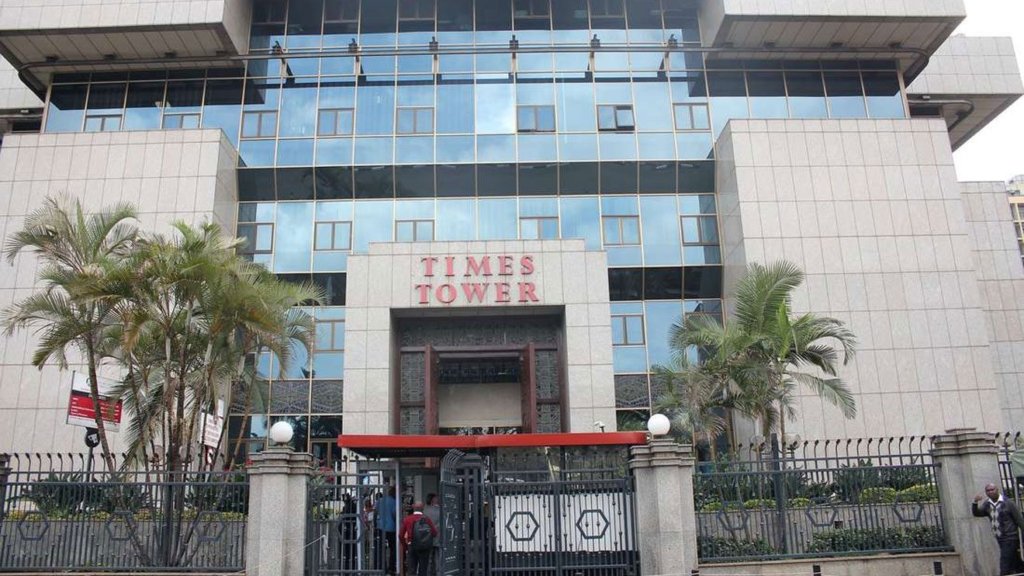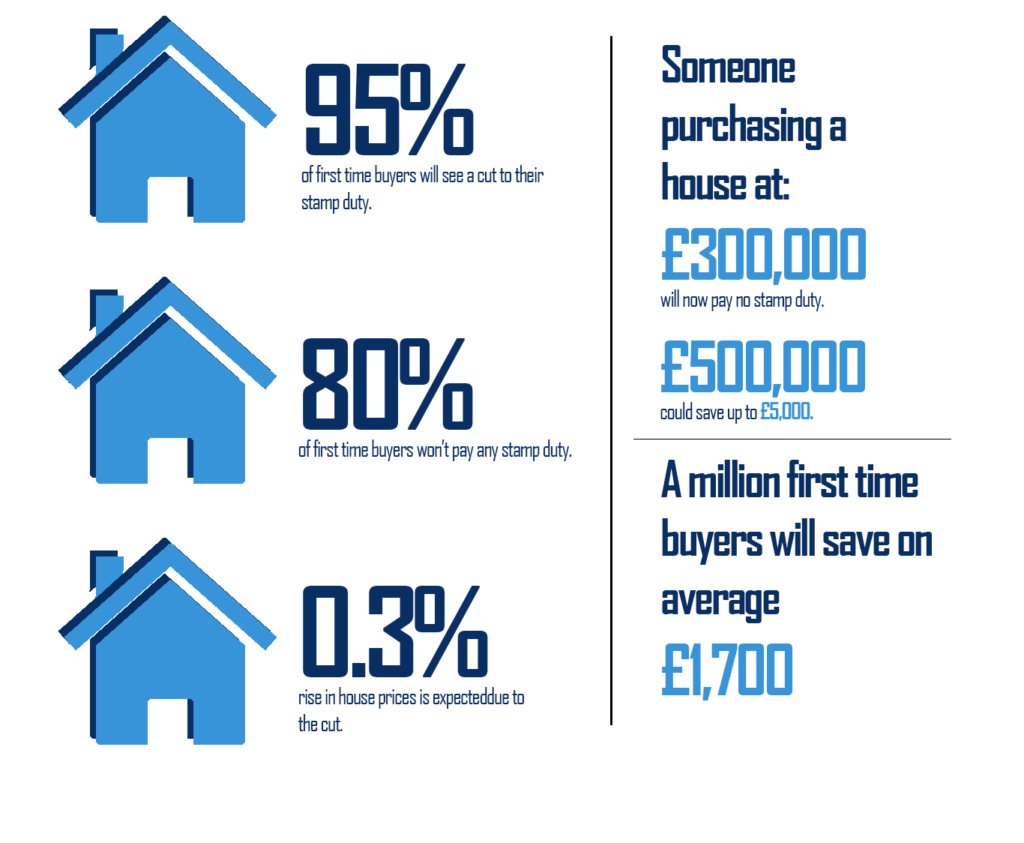Understanding VAT on real estate in Kenya is crucial for property buyers, developers, and investors. While Value Added Tax (VAT) doesn’t apply to all property transactions, it becomes relevant in certain scenarios — particularly when purchasing new developments or commercial properties.
This guide will walk you through:
- What VAT means in the Kenyan real estate context
- When VAT applies and how much it costs
- Differences between VAT and other property taxes
- How to calculate VAT on real estate purchases
- Implications for developers, buyers, and foreign investors
What Is VAT and How Does It Apply to Real Estate?
Value Added Tax (VAT) in Kenya is a consumption tax charged at 16% on goods and services, including certain real estate transactions. Under the Kenya Revenue Authority (KRA) guidelines, VAT may be applied during the sale of newly developed residential or commercial property by registered developers.
Key Points:
- VAT only applies to newly constructed buildings, not second-hand homes
- Applies to developers who are KRA-registered
- Not applicable on land sales unless tied to a development
- Exempted from residential rentals (rental income does not attract VAT)
VAT is often included in the selling price of off-plan or recently completed housing units.

When Is VAT Charged on Property Sales?
VAT becomes applicable under specific conditions:
Scenarios Where VAT Applies:
- Sale of newly built homes by registered developers
- Commercial property transfers (offices, shops, warehouses)
- Serviced apartments and gated community homes sold by firms or companies
- Off-plan property purchases (units sold before completion)
If you’re buying directly from a developer, expect VAT to be included in the purchase price.
Image Suggestion: Developer handing over keys to a buyer in Nairobi
Alt Text: Property handover in Kenya showing VAT application in new developments
How Much VAT Is Charged on Real Estate in Kenya?
The standard VAT rate in Kenya is 16%, but this is only applied if the seller is a registered VAT taxpayer and the property qualifies as a taxable supply.
Example Calculation:
A developer sells a new 2-bedroom apartment for KES 8 million.
- VAT (16%): KES 1,280,000
- Total Cost to Buyer: KES 9,280,000
Note: Some developers include VAT in their advertised prices, while others charge it separately — always clarify with your agent or legal advisor.
VAT vs. Other Property Taxes in Kenya
It’s important to distinguish VAT from other property-related taxes:
| Tax | Description | Applies To |
|---|---|---|
| VAT (16%) | Consumption tax on new property sales | New developments by registered sellers |
| Stamp Duty | Transfer tax paid during registration | Residential and commercial property |
| Land Rates | Annual municipal fee | All property owners |
| Withholding Tax (6%) | Paid when transferring property to non-residents | Foreign property sales |
| Income Tax on Rentals | On rental income earned | Landlords and investors |
Only VAT and withholding tax are directly tied to property sales, while stamp duty and land rates apply during ownership.

VAT on Commercial Real Estate
Commercial properties such as offices, retail spaces, and industrial buildings attract VAT if sold by registered business entities.
Common Examples:
- Sale of new office blocks
- Newly constructed shopping centers
- Serviced apartments sold by firms
- Warehouses and logistics hubs
Buyers should ensure that VAT is clearly stated in contracts to avoid unexpected costs.
VAT on Off-Plan Property Purchases
Buying an off-plan property — where construction hasn’t started or is still ongoing — can also trigger VAT liability if the seller is a registered developer.
Developers often factor VAT into the final selling price. Always request a breakdown of costs and confirm whether VAT has been paid or needs to be accounted for.
VAT on Property Leasing and Rentals
As of now, **residential rental income is *not subject to VAT* in Kenya. However, commercial leasing by registered businesses may attract VAT depending on the landlord’s tax status.
Summary:
- Residential leases: No VAT
- Commercial leases by registered firms: VAT may apply at 16%
- Subletting or personal rentals: Not liable for VAT
Always consult a licensed tax expert or lawyer to understand your obligations.
How to Verify VAT Payments in Real Estate Transactions
Before completing a property purchase, especially with a developer, verify whether VAT has been paid or is due.
Steps to Confirm:
- Check if the seller is a KRA-registered VAT taxpayer
- Request a tax invoice showing VAT breakdown
- Confirm payment via KRA iTax Portal
- Ensure VAT is included in the sale agreement
Failure to account for VAT can lead to disputes or legal issues later on.
Frequently Asked Questions
Do I pay VAT when buying a house in Kenya?
Only if it’s a newly constructed unit sold by a registered developer.
Who pays VAT in property transactions?
The buyer, though it’s typically included in the selling price by the developer.
Is VAT charged on second-hand property sales?
No. VAT only applies to new property developments.
Can VAT be claimed back on real estate purchases?
Not typically, unless you’re a registered VAT vendor using the property for commercial purposes.
Conclusion
While VAT on real estate in Kenya does not apply to every transaction, it is an important consideration when buying new developments, commercial property, or off-plan homes. Understanding when and how VAT applies helps buyers avoid surprises, and developers stay compliant with KRA requirements.
Whether you’re investing locally or internationally, knowing the tax implications of your property purchase ensures transparency and long-term profitability.
